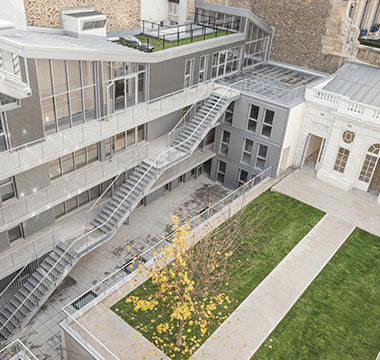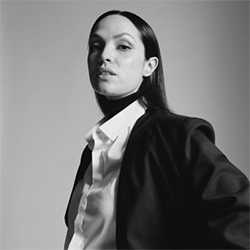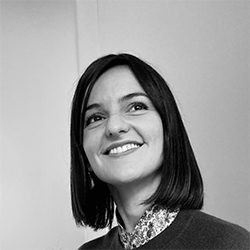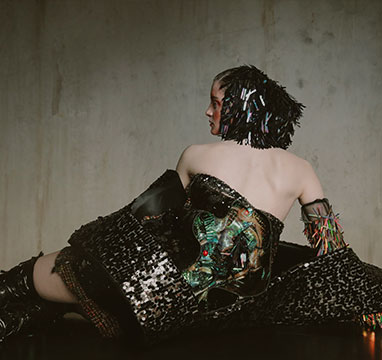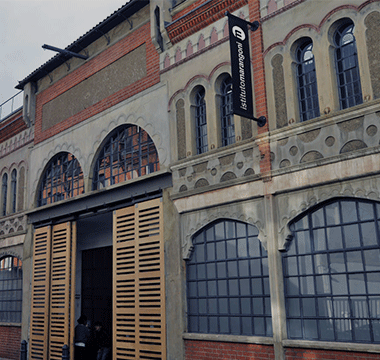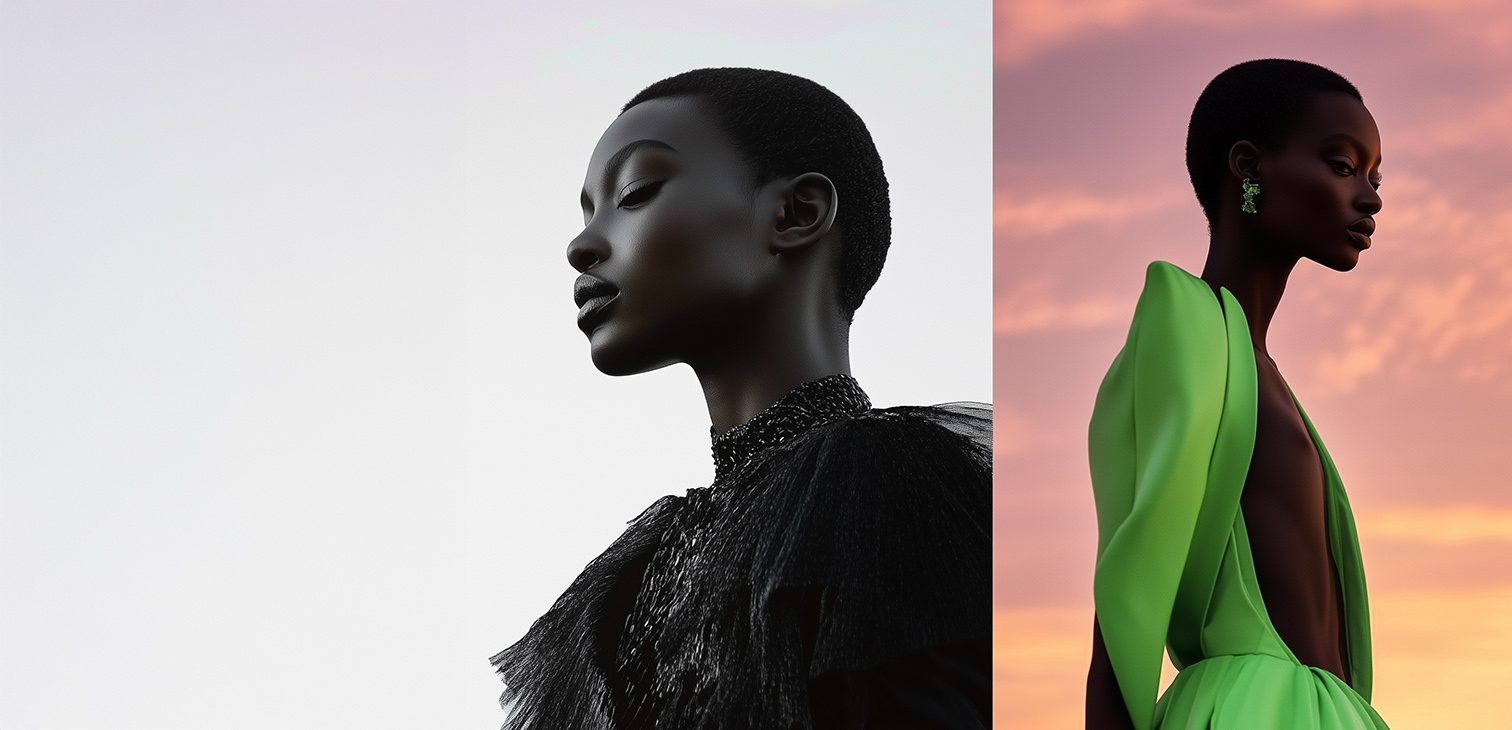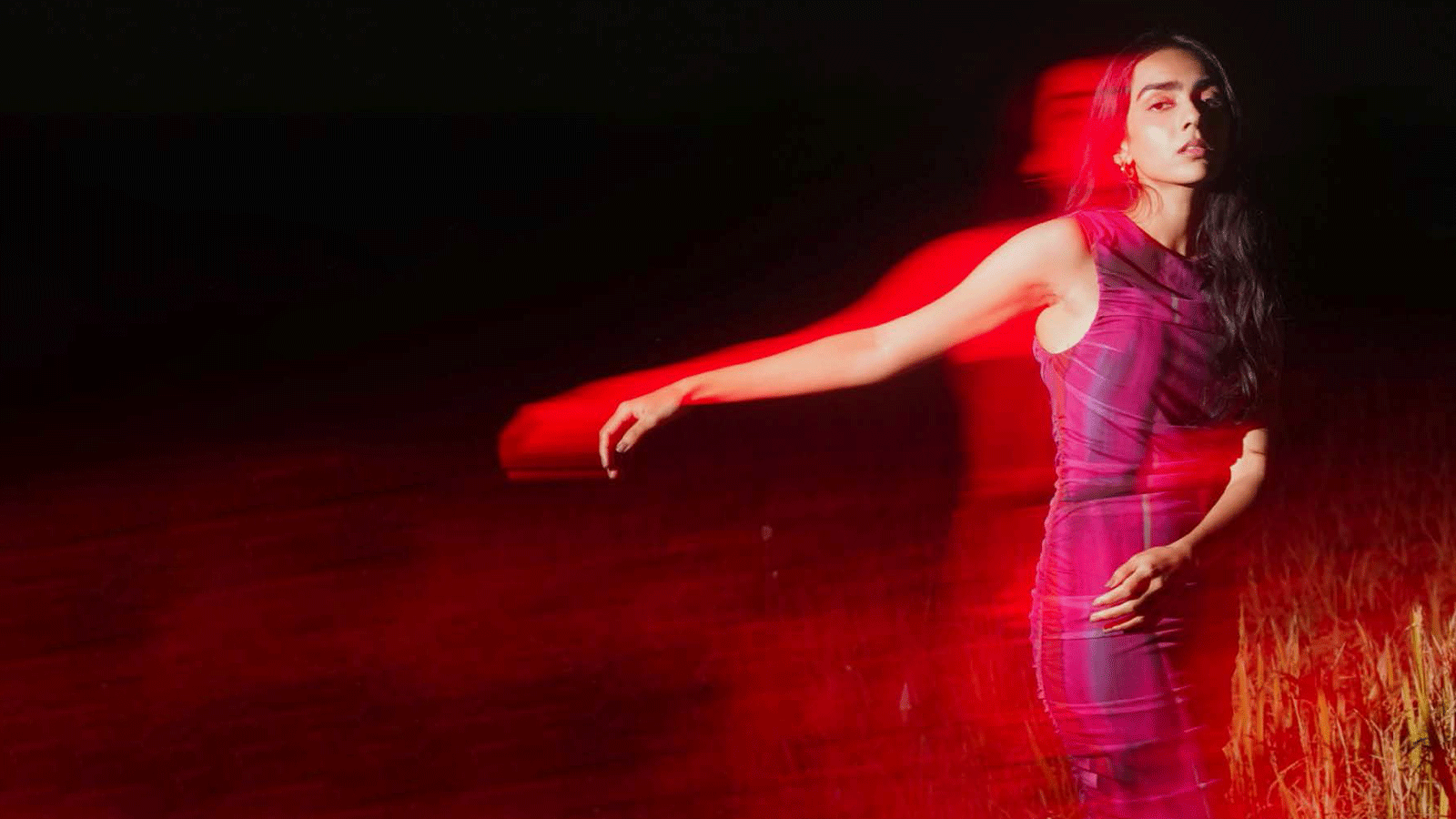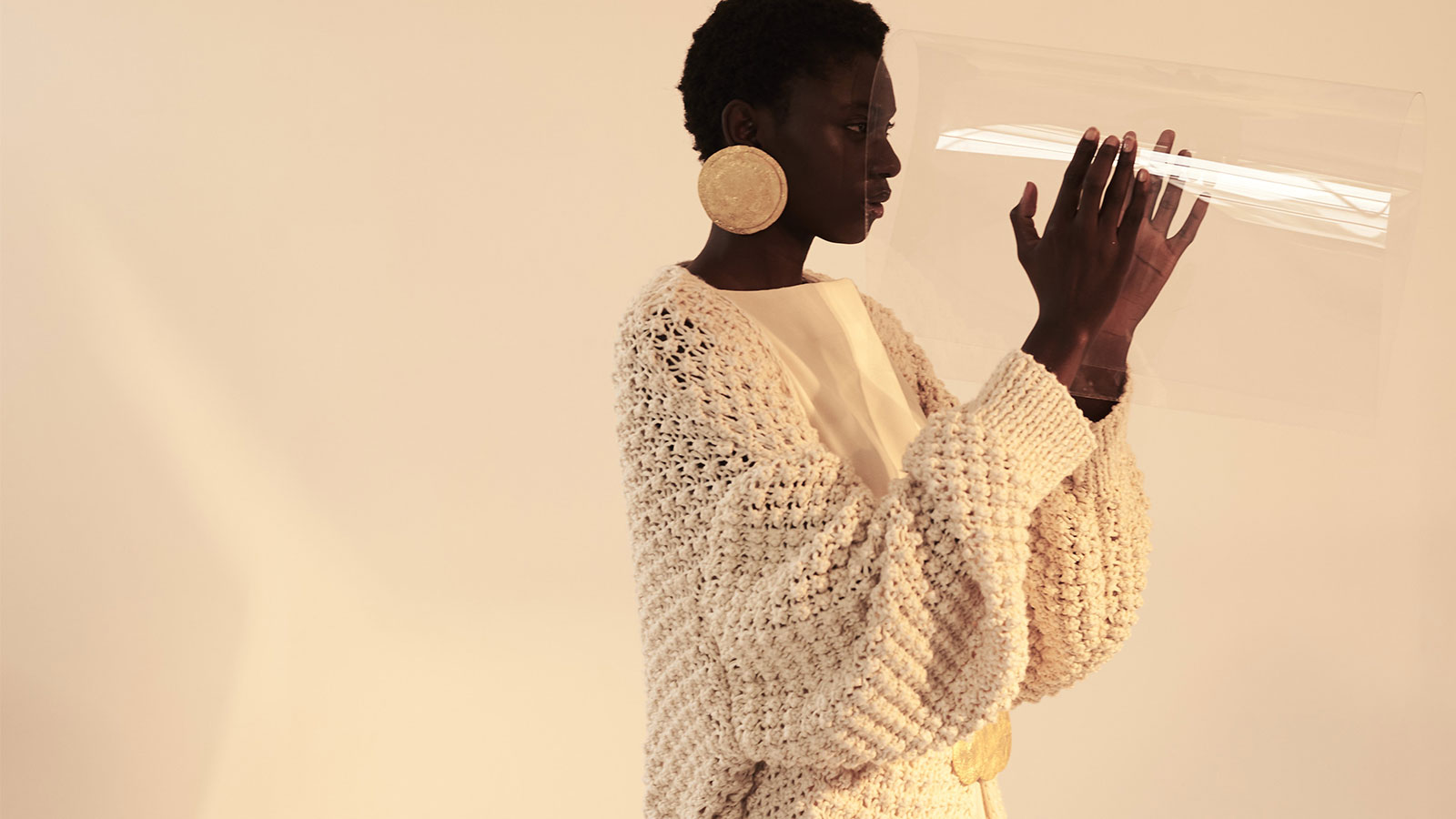- Fashion Courses
- Design Courses
- Art Courses
- Beauty
- Courses for Professionals
- Short Courses
- Schools
- Admission
- Maze35 Magazine
- Newsroom
- I'M Alumni
- Careers & Industry Relations
- University Partnerships
- Get in touch

Fashion Business
Validated by Regent’s University London
For further information click here
At the end of the programme, candidates take certification tests. If successful, they will receive the French state-recognized professional certificate level 6 "Responsable de la stratégie marketing et commerciale de mode". The certification is registered within the RNCP by decision of France Compétences as of 17/11/2017. In addition, in order to facilitate the academic recognition of the knowledge and skills acquired during their academic programme, they will acquire 180 ECTS credits. For more information, do not hesitate to contact the information office of the Paris School.
The Bachelor of Science in Fashion Business (recognized by Regent's University London) helps students strengthen their entrepreneurial spirit by providing them with a comprehensive overview of fashion business.
Course participants will learn the fundamentals of subjects such as economics and finance, and understand the entire supply-chain process (from the creation of a product to its distribution and promotion in the market).
With a rich agenda over the three years of industry projects, talks and case studies, the accredited course aims to train future managers and entrepreneurs with the right financial, marketing and creative skills to launch themselves into the job market.
Over the course of the 3 years, students are involved in a series of activities that aim to enhance not only soft skills but also to put into practice what they have studied during the academic course: from visits to museums and fashion companies, through talks and conferences with key figures in Luxury, to interdisciplinary projects with Fashion design and Fashion Styling students.
Shortly after completing the Bachelor's Degree, some students successfully launched their projects in real life, underscoring the practical, real-world nature of the three-year Fashion Business course and the projects devised by students.
This real-life application highlights the effectiveness of the course in preparing students for entrepreneurial success in the fashion industry.
The placement of graduate students at prestigious brands such as Louis Vuitton, Loewe, Dior, Heuritech, Giambatista Valli, Balmain, Mazarine and many others demonstrate the school's strong ties with Industry.
Istituto Marangoni Paris also stimulates current students through exclusive Mentorships and masterclasses that help students in the development of concrete projects. Among the key players in the luxury and fashion world, the exceptional mentors are: Olivier Rousteing (Balmain), and Giambattista Valli.
The enrollment fee is due every year
APPLY NOWThe enrollment fee is due every year
APPLY NOWThe curriculum mixes both creative and financial disciplines, ensuring that students develop both strategic vision and operational skills. The curriculum includes History of Fashion, Finance, Marketing & Communication, Buying & Merchandising, Management Control, and other subjects related to digital innovation (such as Web3, Artificial Intelligence & Smart Technologies).
FIRST YEAR
Introduction to Fashion Business through the introduction of basic principles of sociology and finance, for a comprehensive overview of the fashion world (including through the study of history and impact on current and past trends).
SECOND YEAR
Study of fashion marketing strategies, and introduction (with also practical development) of communication and marketing campaigns. The second year also includes the study of business management techniques and strategic planning focused on the fashion world.
THIRD YEAR
Students are led to achieve a comprehensive understanding of the retail and e-commerce world in fashion, analyzing merchandising strategies and applying digital tools such as Web3, Artificial Intelligence & Smart Technologies to explore innovative practices in the industry.
At the end of the Bachelor's Degree, students will be required to develop a project based on the launch of a new brand or business-related idea. They will be able to deal not only with the business plan, but also with a potential practical implementation of the proposed idea
Graduates who complete the course will be provided with the skills needed to fill a wide range of roles in the luxury and fashion industries, from creative design to business management.
- Retail Manager
- Supply-chain and Operations Manager
- Finance Manager
- Buyer
- Retail Manager
- Supply-chain and Operations Manager
- Finance Manager
- Buyer
Validated by Regent’s University London
For further information click here
These undergraduate programmes are designed for participants looking to enter the fashion world, and provide a complete education allowing participants to acquire the necessary knowledge and skills to pursue a career in the chosen field.
Fashion business professionals drive the tactical and entrepreneurial spirit of a fashion company. They work on production, communication, marketing and retail and must possess a thorough knowledge of the fashion panorama. They are able to identify with great precision which tools they need to successfully position a brand, a collection or even a single product in the fashion and luxury markets. They are experts in the business of fashion. This full-time course is a strategic and market oriented blend of the main perspectives in fashion business; covering strategy, budgeting, finance, prodcut development, fashion marketing, communication, branding, retail operations management and global distribution channels.
The Fashion Business BA program is designed to provide students with a comprehensive understanding of the fashion industry from both a business and creative perspective. The program includes a range of courses that cover the key areas of fashion business including marketing, management, retail, merchandising, and product development.
The program aims to develop the skills and knowledge necessary for students to pursue a career in the fashion industry, whether it be in fashion design or business management. Students will learn about consumer behavior and market trends, as well as the process of developing and launching a fashion product.
In addition to classroom instruction, most Fashion Business BA programs offer practical experience through internships and consultancy projects. By the end of the program, students should be well-equipped with the skills and knowledge to succeed in a variety of fashion-related careers.
- The fashion system, predictors & consumer markets
- Trends, cultural movements, innovation
- Production and manufacturing processes
- The role of the fashion buyer
- Marketing strategies & communications tools
- Brands and branding
- Finance and management control
- Fashion retailing & digital marketing
- The history of fashion to present day
- Creative research theory & practice
FIRST YEAR
Introduction to Fashion Alpha Marketing The Luxury Fashion Product Principles of Business
SECOND YEAR
Visual and Emotional Branding Marketing in the Luxury Sphere Fashion Lab Project Finance and Management Control
THIRD YEAR
Omnichannel Distribution Honours Project Fashion Business Future of Fashion
The enrollment fee is due every year
APPLY NOWThe enrollment fee is due every year
APPLY NOW- Retail manager
- Business developer
- Commercial director
- Project manager
- Operations manager
- Retail manager
- Business developer
- Commercial director
- Project manager
- Operations manager

